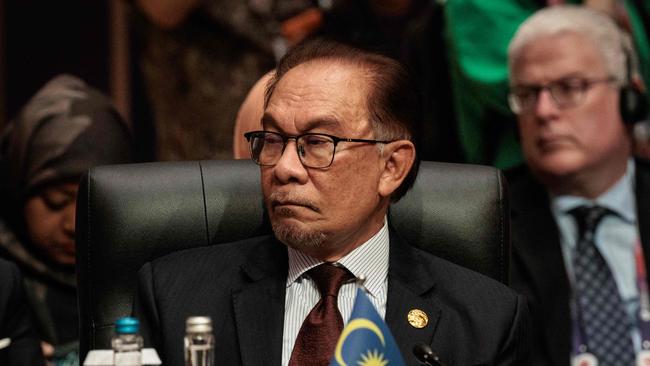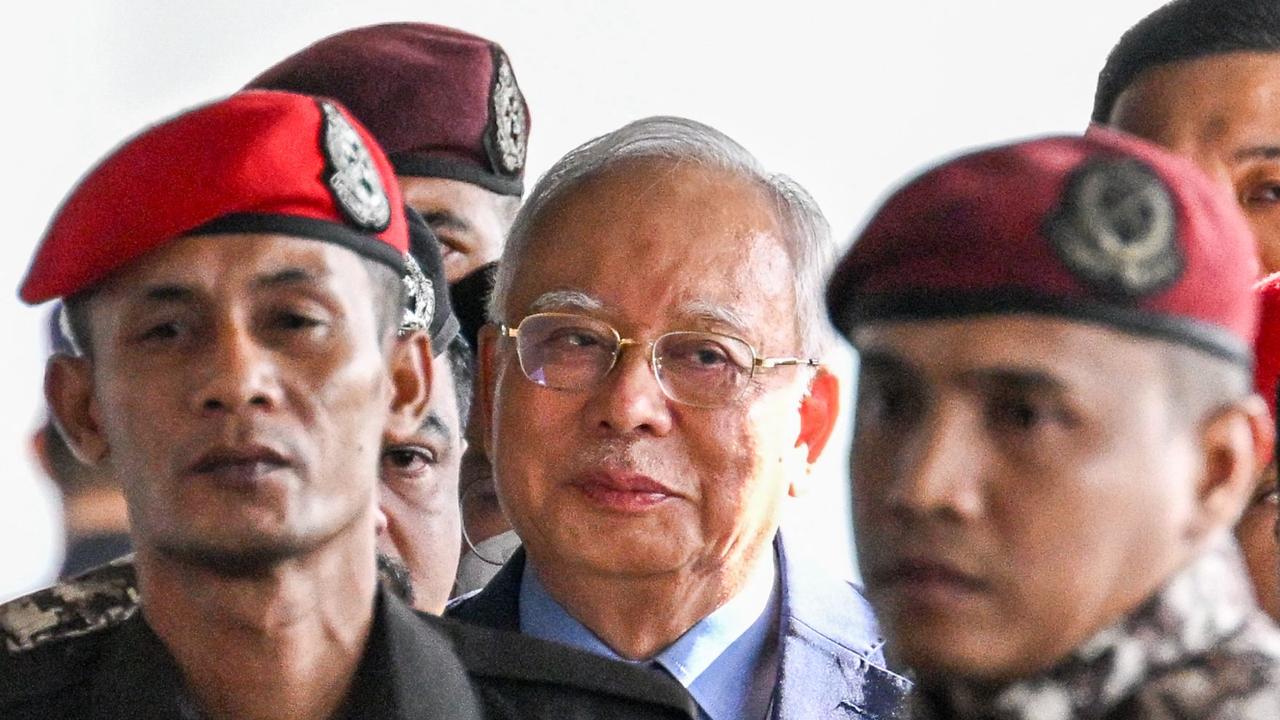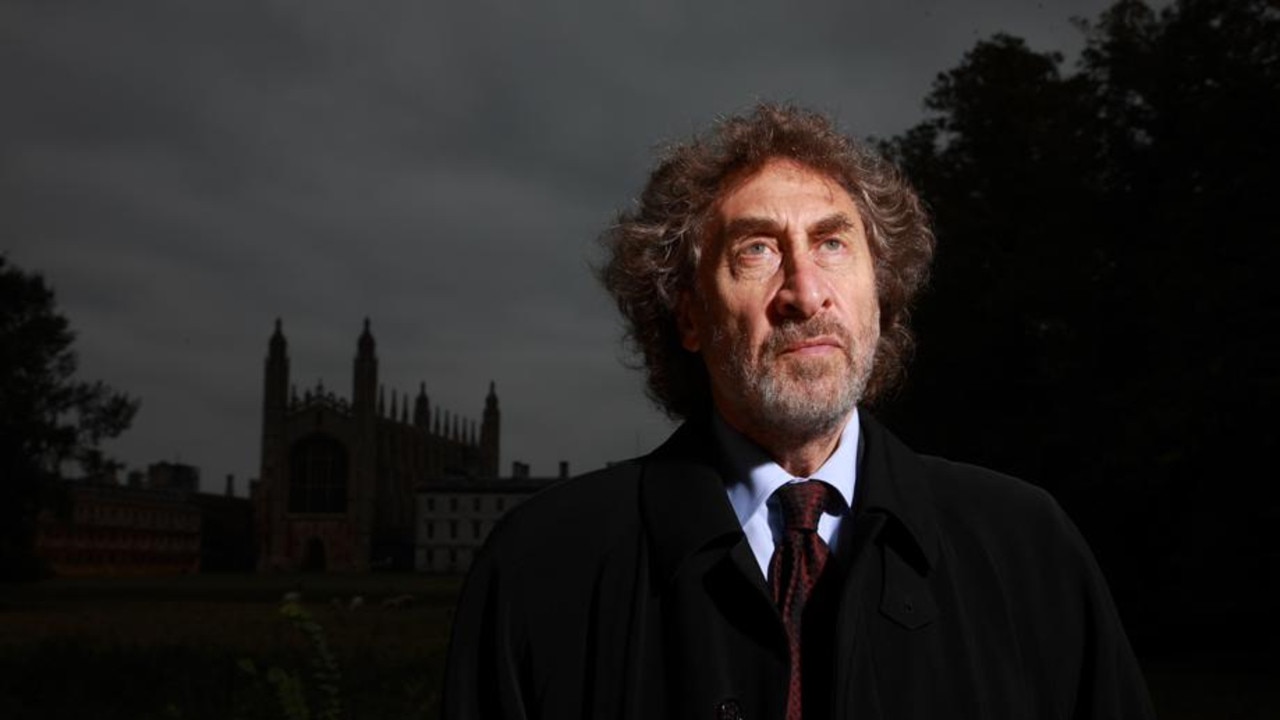Malaysia’s Anwar Ibrahim losing his reformist shine
Barely 10 months after taking government, the Malaysian prime minister has alienated many supporters.

Was it only last November that Malaysian reformists were cheering the political victory of Anwar Ibrahim, the great democracy champion elected on a promise to battle graft and govern for all regardless of religion or ethnicity?
Barely 10 months later the 76-year-old Prime Minister – for 20 years a symbol of Malaysia’s struggle for clean and accountable government – has alienated key elements of his support base with policies critics say protect the corrupt and move the country further to the Islamic right.
Many Anwar stalwarts are aghast at his compromises, beginning with an alliance with the graft-tainted UMNO party to form government and keep hardline Islamists out of power.
A series of moves since then – including the Attorney-General’s decision last week to drop 47 graft charges against his deputy and UMNO party chief Zahid Hamidi – has only heightened the sense of political betrayal. Zahid’s exoneration was widely anticipated as a quid pro quo for his United Malays National Organisation – the party that lost government in 2018 over the misappropriation of more than $US4.5bn ($7bn) from the 1MDB state development fund – joining Anwar’s Pakatan Harapan coalition.
Still, it prompted the youth-oriented Malaysian United Democratic Alliance to say on Sunday it was leaving the ruling coalition rather than “allow Malaysia to normalise corruption”.
“Anwar has squandered all his moral capital as an anti-graft champion,” political science professor Wong Chin-Huat told The Australian. “By letting his deputy off; his coalition has lost its credentials as a reformist bloc.”
Then on Tuesday, the appeals court upheld former prime minister Najib Razak’s acquittal for audit tampering in the 1MDB scandal after prosecutors let the deadline pass for filing. Najib was jailed for 12 years in 2022 for corruption – and faces more charges still – though there are concerns those convictions could soon be overturned.
Cynthia Gabriel, who heads Malaysia’s C4 (Centre to Combat Corruption and Cronyism), says Zahid’s exoneration was painful, if not unexpected.
“The writing was on the wall with Zahid because he holds the key to the unity government,” she said. “If you send him to prison for corruption the rest of UMNO would be more comfortable with the Islamic opposition.
“But we are devastated that all the work we have done, and all Anwar’s promises to fight corruption and promote accountable government, is now down the drain.”
Ms Gabriel says Anwar has become “more Islamic than some Islamic politicians” in his quest to defang a “green wave” of support for Islamist candidates which began in November’s elections and continued last month across six state polls in which the Islamist opposition made inroads into Pakatan Harapan strongholds.
Last May, the Home Ministry raided Swatch outlets and seized stocks of the brand’s rainbow-faced watch collection, deeming them morally harmful. Authorities cancelled Kuala Lumpur’s Good Vibes music festival in July after the lead singer of British band 1975 criticised the country’s anti-LGBTQ laws on stage.
In August, the ministry of higher education circulated new guidelines proposing gender segregation at university concerts, and a ban on all LGBTQ symbols.
Meanwhile, Mr Anwar has strengthened the powers of Jakim, an agency charged with enforcing Islamic laws for the Muslim majority, to one with a say on the country‘s development and education agenda.
Anwar supporters argue he has been forced into the new Islamic narrative by the “green wave”, but insist his reform agenda remains on track and that he remains committed to governing for all Malaysians and not just the 56 per cent who are Malay Muslims. Yet his accommodation of conservative religious views has only emboldened the country’s Islamist opposition.
Last week, opposition leader Muhyiddin Yassin warned voters ahead of a Johor by-election it was unIslamic to vote for the PH candidate, prompting a stern rebuke from the Sultan of Selangor. While Mr Anwar’s candidate ultimately won, voter turnout was a woeful 47 per cent.
Dr Wong says Mr Anwar’s pandering to the religious right is a losing strategy that wrongly assumes his reformist-minority base will support him no matter what. “He must recognise that he cannot beat the Islamists by outdoing them in Islamisation.”



